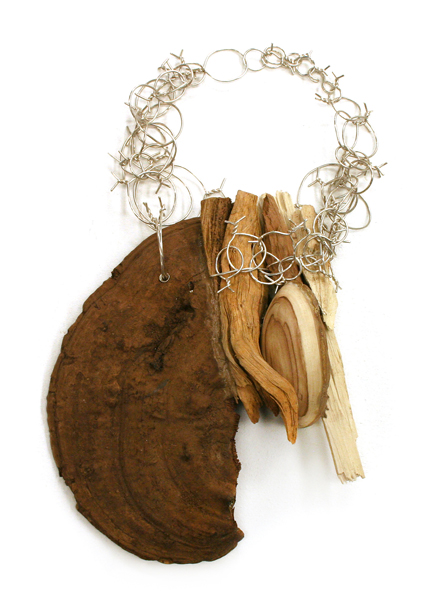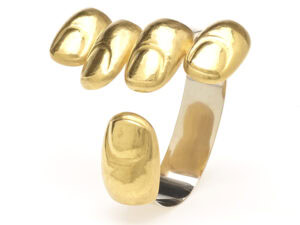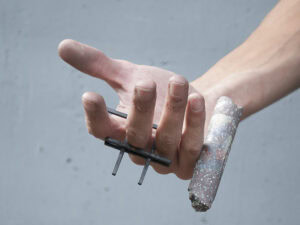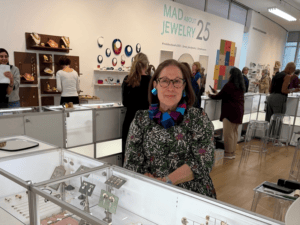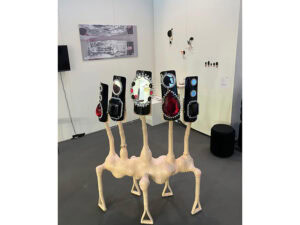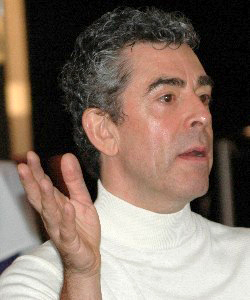
Damian Skinner: Please tell us the story of how you became a contemporary jewelry dealer.
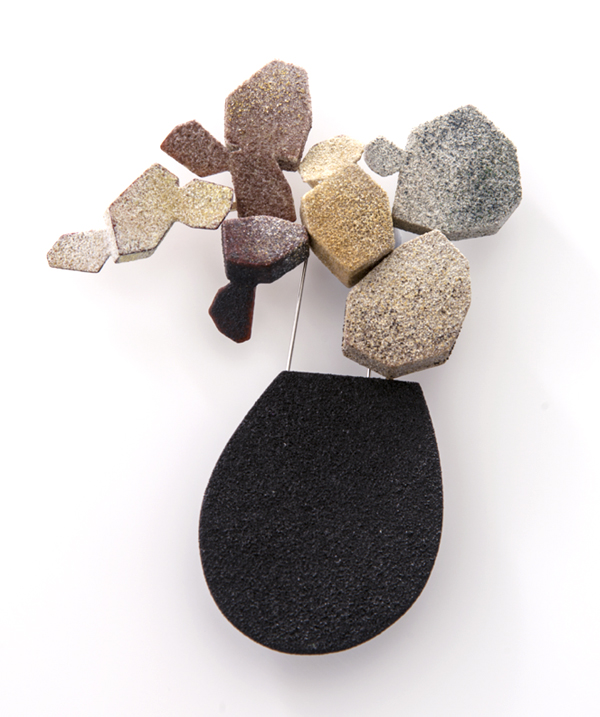
Can you give us some history of the gallery? How long have you existed and have you ever had a space open to the public?
So this is how it started. I was open to the public by appointment only. My main focus was participating in art fairs. I did not want to have a traditional gallery, since I travel a lot teaching, lecturing etc. So the showroom is open to the public but only by appointment. I believe the beginning was 1992 and the first art fair I did was SOFA Chicago in, I think, 1994. From the start I have shown innovative contemporary jewelry in the broadest sense possible, even jewelry which some people might consider accessories, like collars by Beppe Kessler or huge necklaces by Verena Sieber Fuchs or wearable sculpture by Marjorie Schick.
How often do you do fairs? Which ones?
I do about five or six fairs annually. Sometimes less. SOFA Chicago , SOFA New York , SOFA West , International Art + Design Fair New York, International Art Fair Miami , Art Palm Beach, Art Basel Miami at Red Dot Fair.
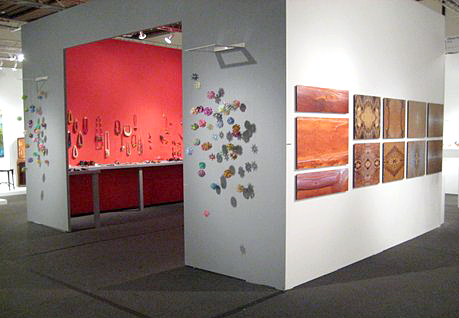
How do you explain to someone who doesn’t know anything about contemporary jewelry what exactly it is that you sell in the gallery?
This jewelry is not about status; it is mostly not about material value. The makers of this kind of jewelry or adornment are artists who have chosen this medium and this format/scale to express something about who they are, how they view the world, how they search for answers to questions between heaven and earth. The work we sell is not for everybody. It is meant to be for people who want to distinguish themselves and express/communicate in a non-verbal way who they are.
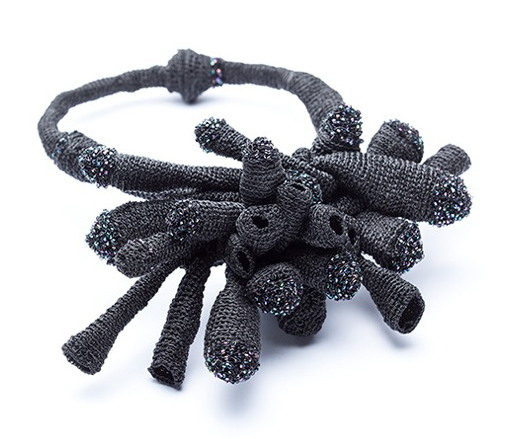
Probably with those who have the interest and courage to look at themselves differently each and every time they put on something unusual, which expresses yet another facet of their personality/character.
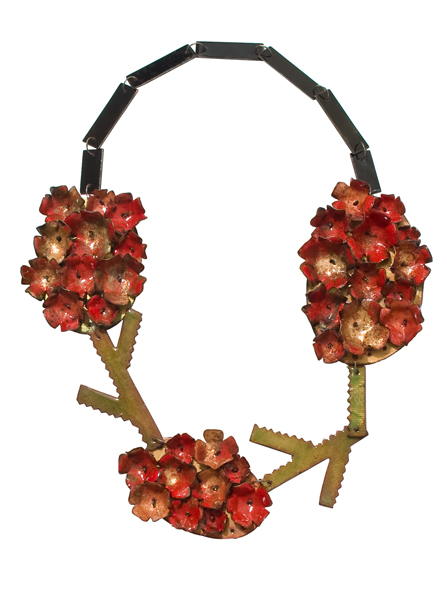
Since I started becoming involved in jewelry in 1969, I have always bought all the literature in this field I could get my hands on. The exhibition catalogs in the sixties and seventies were mostly brochures, so thin and light, not really books. The field was so young and real books did not really exist except of course books on history, ethnic jewelry and techniques. About 20 years ago I went to my first SNAG (Society of North American Goldsmiths) Conference. I brought a couple of publications with me and people went just crazy about them, asking me where did I get them, etc. So I got them for those who were interested and that is how it started really. Never planned, but it seemed like a good idea. It also helps to be able to show work being published and collected to people who don’t know this field and need some kind of assurance to think this work is real and worthy of collecting and purchasing. Besides all this, I need to know what is going on in this global field, since I cannot be everywhere geographically. Internet is a great resource but there is nothing better than the physicality of holding a book. I suppose I am a bookie!
How do you think the future of this business will develop?
In my bad moments I think everybody is going to go in the direction of mainstream, totally accessible commercial jewelry. In my good moments I believe this is still a growing field of people who desperately want to distinguish themselves and have the means to do so. We and the makers offer people things most people don’t even know they want, need, desire. We fulfill a need and wet people’s appetite to enhance their lives.
What are the three most interesting pieces of jewelry you’ve seen lately?
Edgar Mosa, Necklace, wood .
Mirjam Hiller, Brooch, stainless steel powder coated .
Antje Stolz, I Am A Rock necklace, slate veneer.
